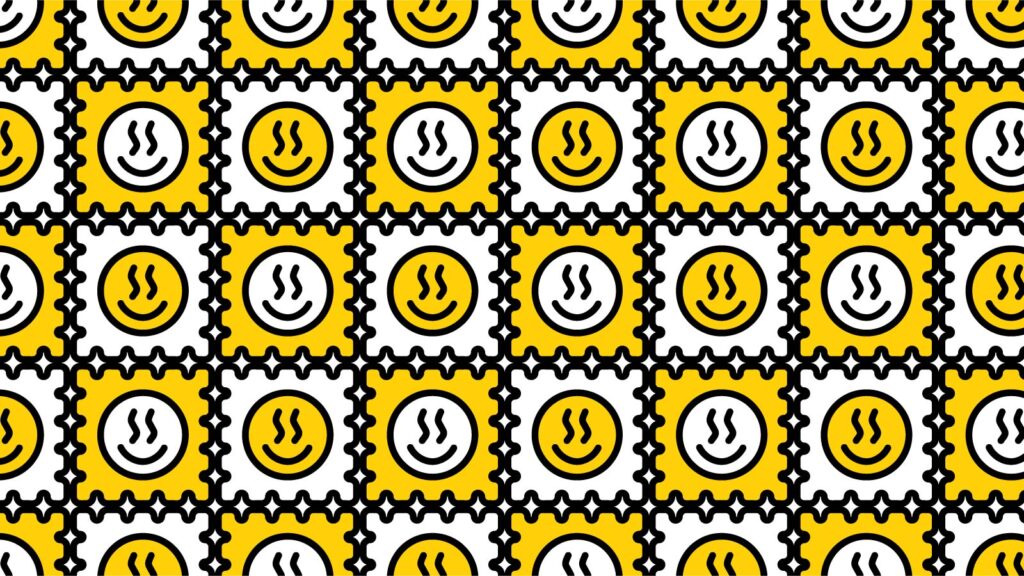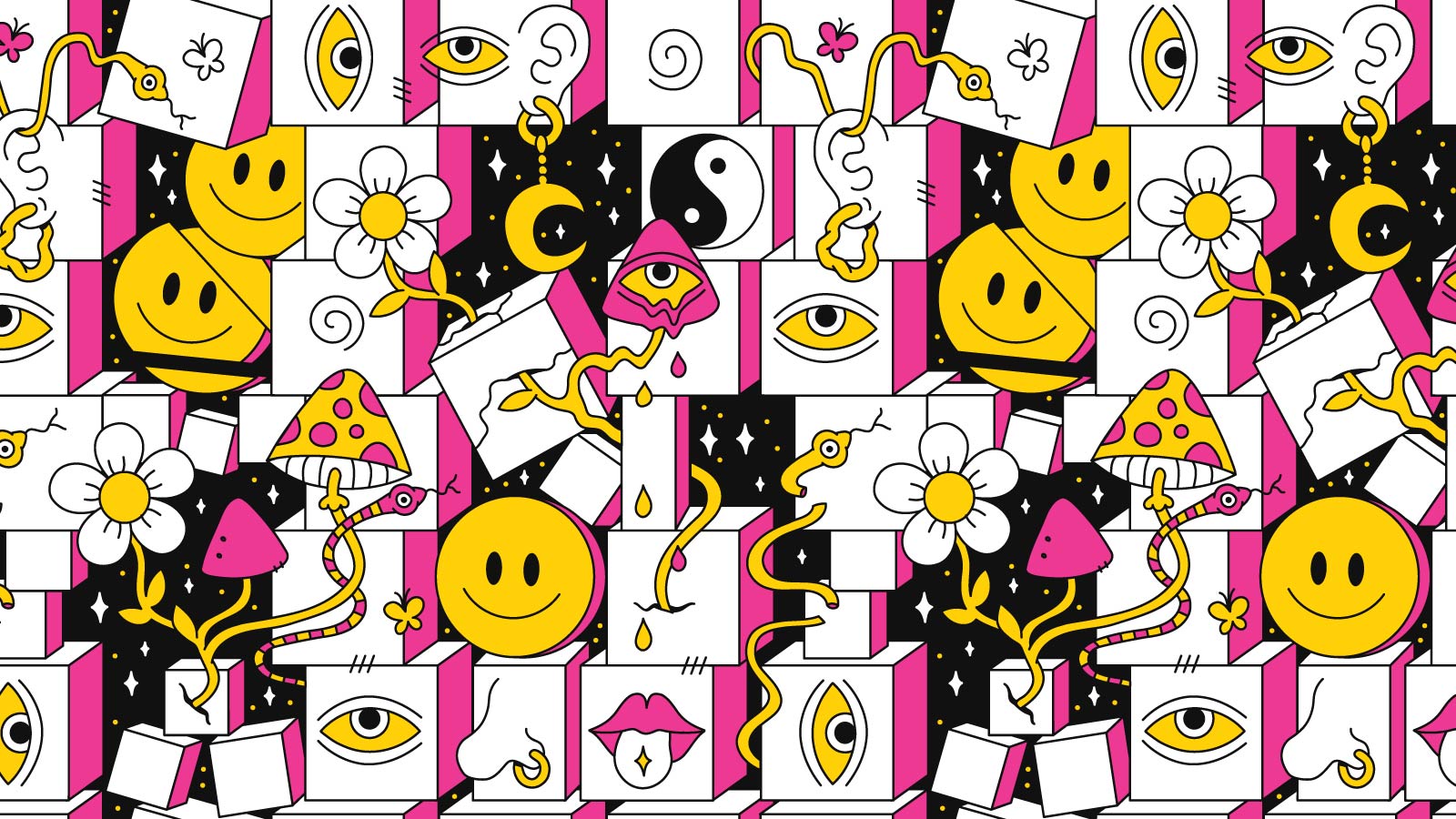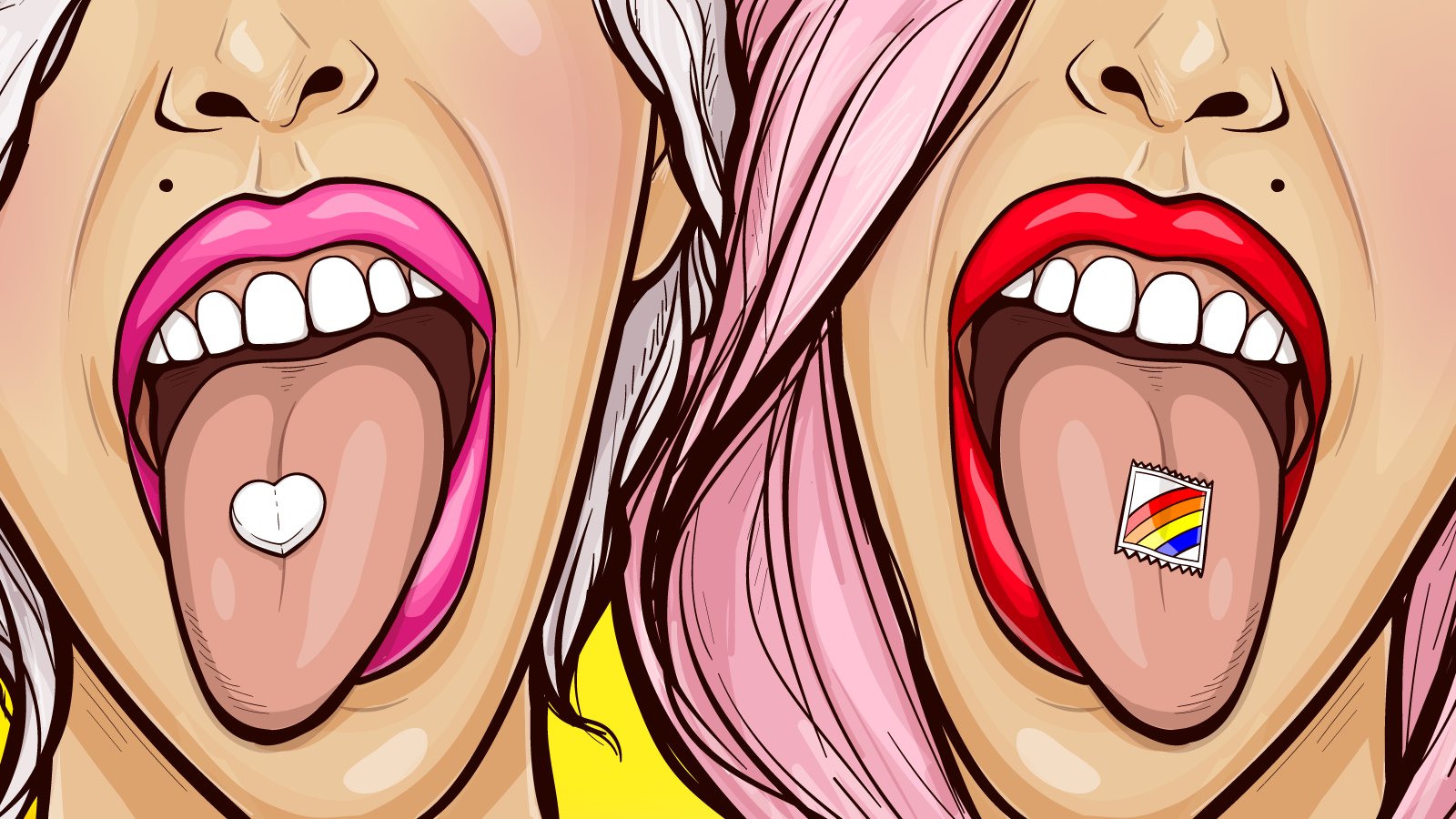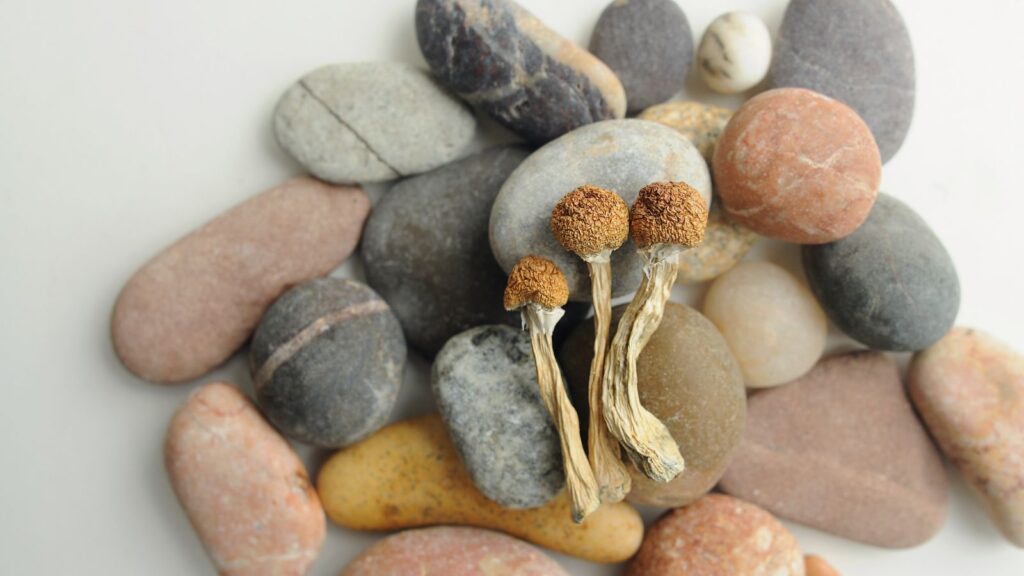The Study Breakdown
Who: Researchers Vince Polito and Paul Liknaitzky
Where: Published in the Journal of Psychopharmacology
When: June 2024
What: A rapid review of 19 placebo-controlled microdosing studies
Why: To evaluate the strength of evidence for a placebo explanation of reported microdosing effects
The Nitty-Gritty
Microdosing, the practice of taking tiny amounts of psychedelics like LSD or psilocybin, has been buzzing in the wellness world. But is it all just a mind trick?
This study dug into 19 placebo-controlled experiments to see what’s really going on. Here’s the scoop:
1. Brain Changes: Microdosing seems to tweak brain activity and connectivity. It’s not just in your head—it’s in your brain!
2. Feeling Good: People consistently reported feeling more “under the influence” and happier after microdosing. Placebo or not, they felt something.
3. Pain Tolerance: LSD microdosers showed increased pain tolerance.
4. Mood Boost: Some studies found increased feelings of vigor and improved mood, especially in folks with higher depressive symptoms.
5. Cognitive Effects: Results were mixed. Some studies found improvements in attention and time perception, while others saw no change in creativity or general cognitive performance.
6. Dose Matters: Higher microdoses (still way below trip levels) often showed stronger effects. It’s not one-size-fits-all.

The Plot Thickens
Before you jump on or off the microdosing bandwagon, consider this:
- Most studies were short-term and used healthy volunteers. We don’t know much about long-term effects or impacts on clinical populations.
- Sample sizes were small, averaging just 31 participants per study. For those of you who remember middle school statistics class, bells should be ringing—31 participants is likely on the shy end when it comes to ensuring statistical significance.
- Only two studies looked at psilocybin (magic mushrooms) while most focused on LSD.
- Blinding was tricky. Many participants could tell when they got the real deal versus placebo—a common issue with clinical studies investigating psychedelics.
The Bottom Line
So, is microdosing just a fancy placebo? The jury’s still out. While there’s evidence of some real effects, we need more robust research to separate fact from fiction.
We’re still in the early days of understanding microdosing. The studies so far have been small and short-term, mostly with healthy volunteers. We need larger, longer studies that include people with mental health conditions to really understand what’s going on. It’s also crucial to investigate the long-term effects and potential risks of regular microdosing. Just because something feels good in the short term doesn’t mean we can expect the same in the long-term.
As with any emerging therapy, it’s important to approach microdosing with both an open mind and healthy skepticism. The potential is intriguing, but we need solid science to back it up before drawing firm conclusions.

A Perspective: Does It Even Matter Though?
Here’s the thing: even if microdosing turns out to be mostly placebo, does it really matter if people feel better? The placebo effect isn’t just hocus-pocus—it shows the incredible power of our minds.
Think about it like this: when you expect your morning coffee to wake you up, it often does—even if it’s decaf! Our expectations can be a powerful force.
Maybe the real magic of microdosing is a combo deal: a bit of drug action mixed with the power of belief. Much like macro doses of psychedelics claiming to cure depression or anxieties: What if the effective and successful treatment is a two-parter? Requiring both pharmacological action as well as some mental gymnastics on your behalf as well?
After all, any successful psychedelic treatment isn’t just a matter of the drug action and ensuing psychedelic session, but also the integration that requires you to carry on long after the session has ended.
With microdosing, your expectations can be a powerful force. And who knows? Maybe understanding the power of mind and expectation—a lesson which plant teachers and psychedelics are often eager to teach us—could be the real breakthrough here.
A Deeper-Dive: Related Research and Further Thoughts
Tap in here for a comprehensive analysis on this topic by our journalist Angus Sinclair.











